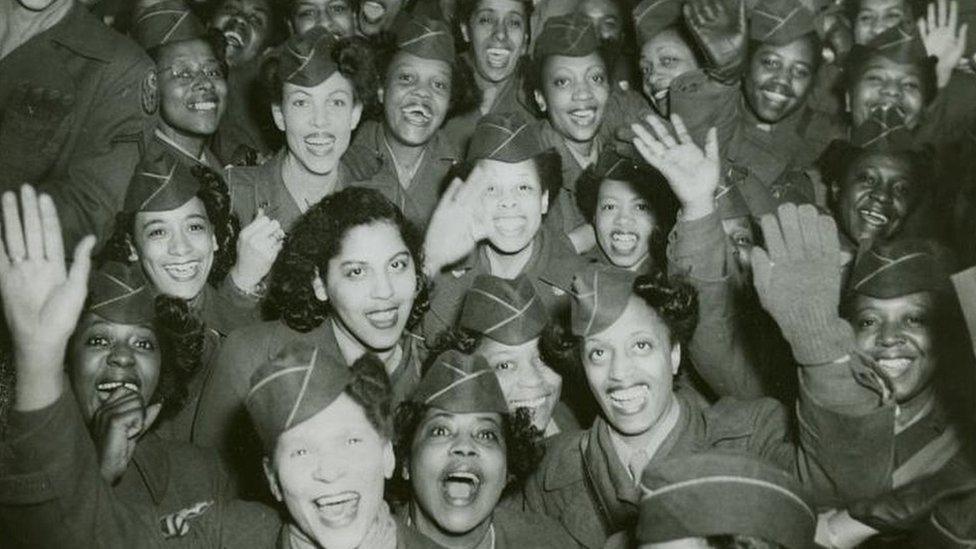'The car was my home, it felt like rock bottom'
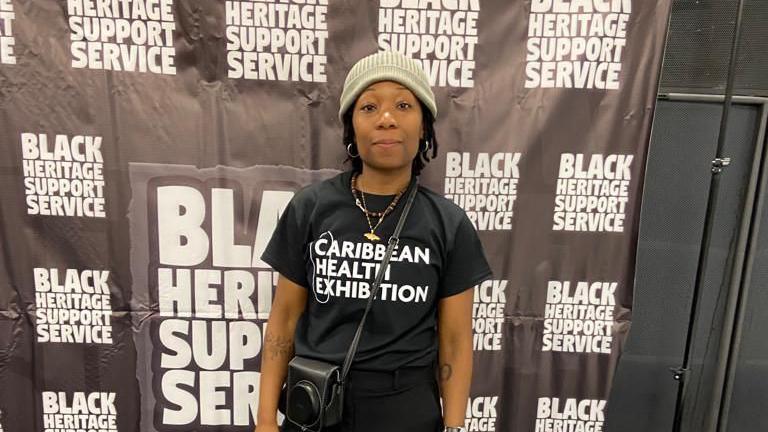
Driven by her own experiences, Natalie Scarlett launched the Black Heritage Support Service to help the community around her
- Published
A woman who was once living in her car while heavily pregnant has used this “terrifying” experience to help vulnerable people across the West Midlands.
At 20 years old while studying at Coventry University, Natalie Scarlett’s life changed when she found out she was carrying a child.
Just weeks before her son’s birth, she found herself homeless.
Now, 15 years on, she is running a community interest company which provides advice, care packages and help to communities across the region.
Taking a trip down memory lane, Ms Scarlett revisited the car park in Erdington which was once the only place she could call home for her and her unborn son.
“It was a lonely dark time for me, the car was my home, It felt like rock bottom, ” she recalled.
“At one point all I had to my name was my car and a blanket and it did bring suicidal thoughts which I had never experienced before because it felt like there was no end. It’s not a good place to be in.”
She was in her third year of university studying for a media degree when she fell pregnant.
And when the lease of her student accommodation came to an end, she was left feeling vulnerable.
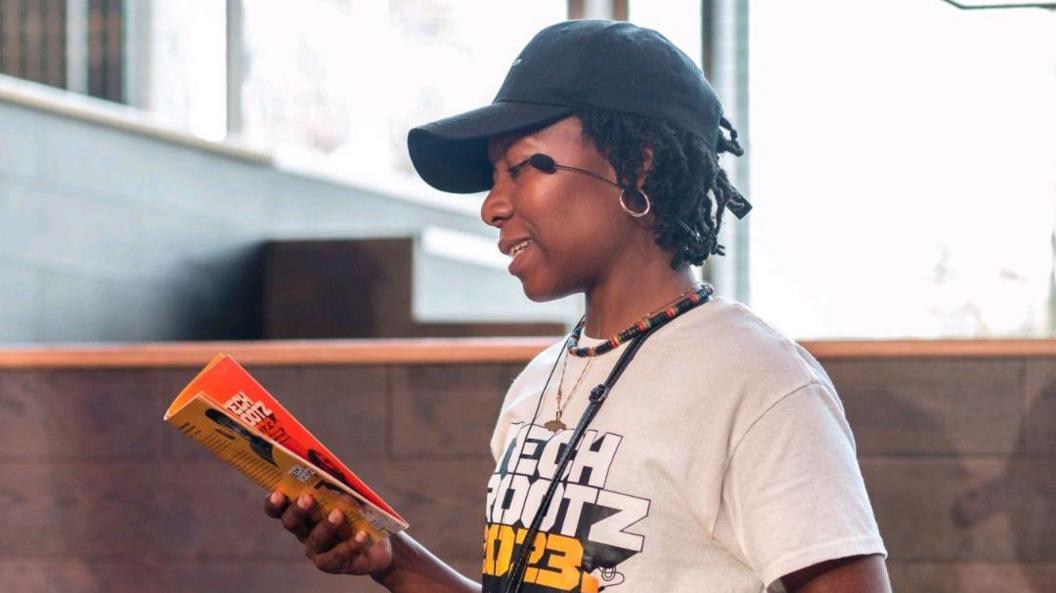
The mother used her own money to get the project up and running during the pandemic
Now aged 36, Ms Scarlett recalls: “The situation with my family was quite difficult and I became homeless.
“I was bouncing around from friend to friend until it got to the point where I started sleeping in my car because that was the only thing that I had control over.”
In the run up to giving birth, a friend gave her information about a housing service that provided her with a property.
“The home that I was offered didn’t have a lick of paint, no carpet, no furniture - but it was everything for me because it meant I had somewhere stable for my son."
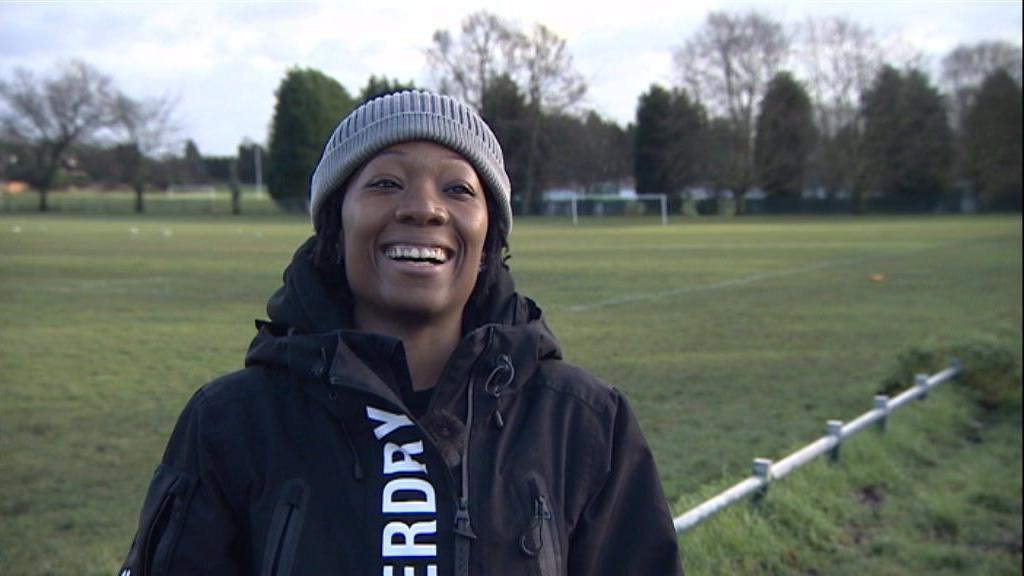
Returning to the spot in Erdington where she slept while she was pregnant, Ms Scarlett has reflected on how far she has come
Over the next decade, Ms Scarlett managed to overcome her challenges and found her feet.
As a new mum, she was able to complete a masters degree in political science and “seized any opportunity” she could.
This led her to a series of roles with the Red Cross charity, where she obtained a fellowship and went on to work for the Citizens’ Advice Bureau.
She was then able to secure her current role as a project manager for the Bank of England.
With that feeling of stability back in her life when the country was gripped by the Covid-19 pandemic in 2020, Ms Scarlett was moved by the widespread despair in the community around her and launched the Black Heritage Support Services (BHSS).
Using her experiences, she vowed to help others who felt they had nowhere to turn and funded the project from her own pocket.
She added: “I wanted to think about what we could do as a community within our network, bringing together health professionals who can support people who didn’t really understand how to navigate systems being cut off and isolated.”
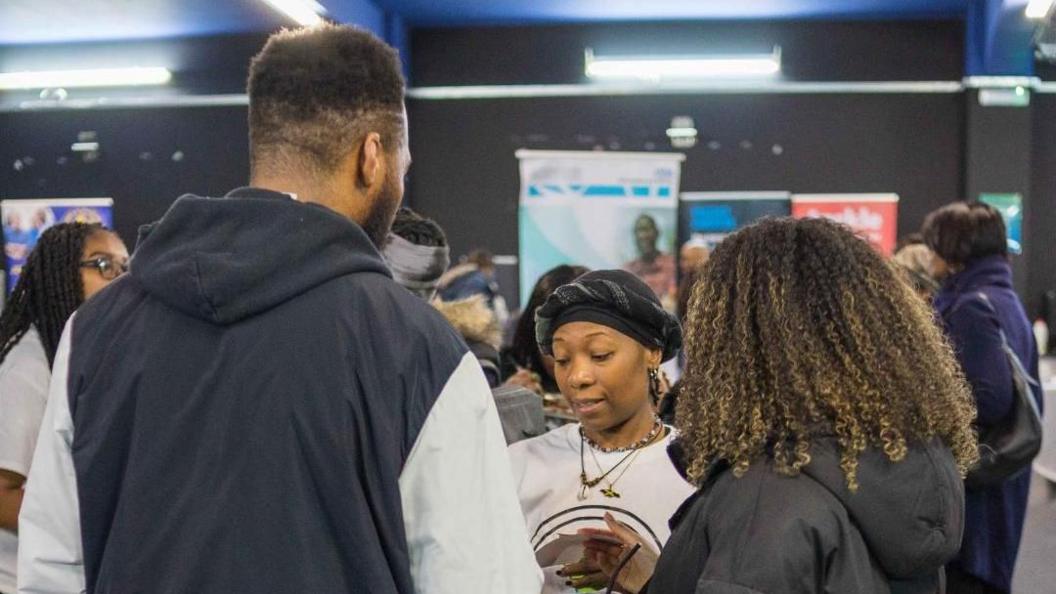
The Black Heritage Support Service offers advocacy and advice to people across Birmingham and the Black Country
With the help of a group of volunteers, she offers advocacy services as well as support to those dealing with mental health and homelessness.
This includes giving advice, attending appointments and helping to fill out forms and applications.
“I’ve had a difficult journey and along the way I’ve picked up on ways that people could have supported me, now I realise that I can be that support for other people and that is what drives me, knowing that I can help someone feel less alone," Ms Scarlett said.
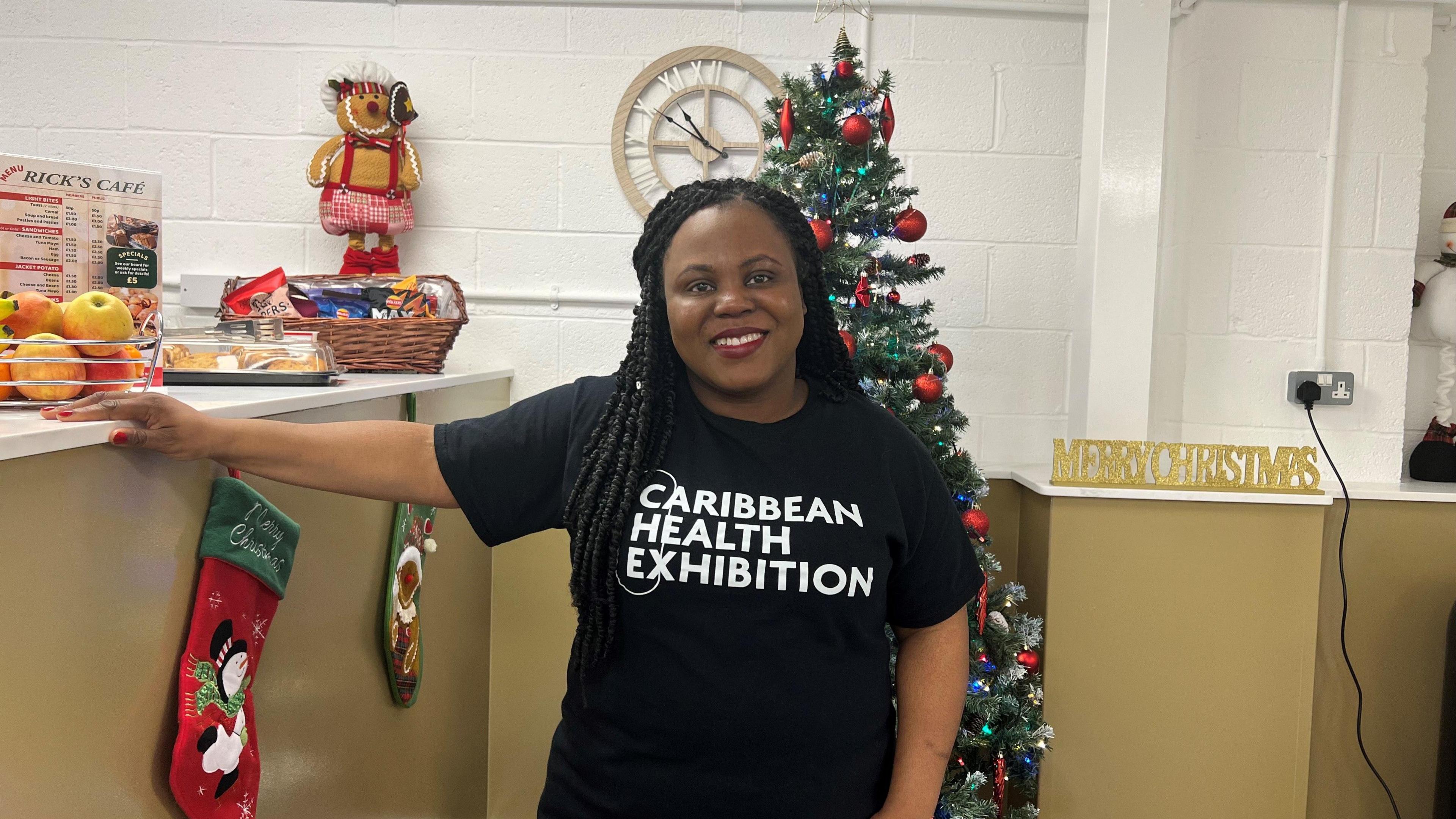
Ms Cobblah says the group is trying to bridge the gap between the community and healthcare services
Anika Cobblah, BHSS’ project coordinator, said "everybody needs to be valued".
“Organisations and services need to understand that even though Birmingham is a diverse place, it’s important that they understand that diversity, as there are unique situations that crop up in a particular individual’s life and these things need to be looked at with tender care.”
Those who use the group say the volunteers have helped break down the barriers they face in accessing mainstream services.
Client Beverley Sharpe explained: "Everyone wants a big sister, you go into something and you don’t understand the language or the questions you’re being asked, it seems like a mountain.
“With their help it became doable. My family has grown because of this, we’ve learned to sit down and talk together.”
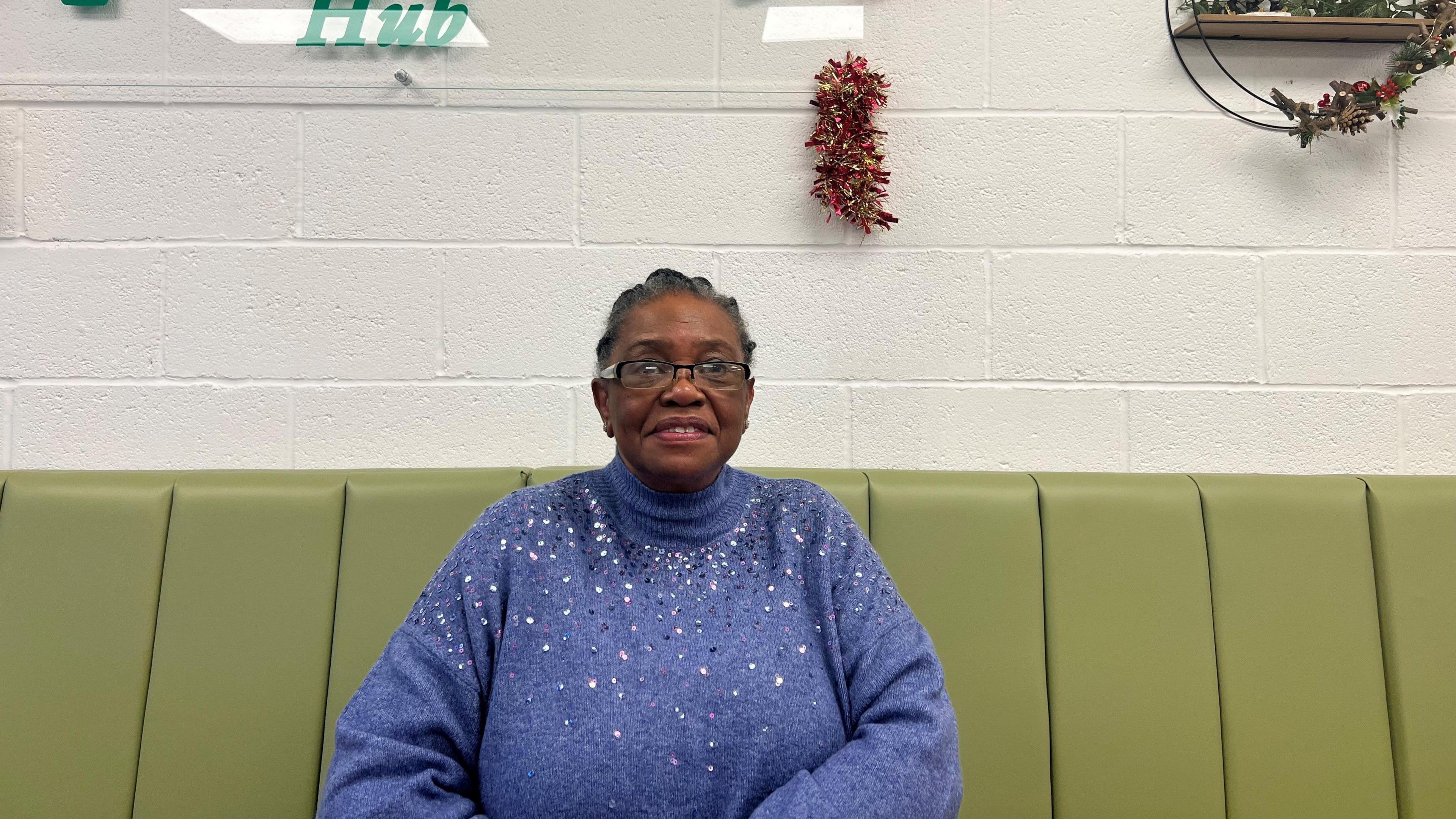
For Ms Sharpe, the group has proved to be a lifeline for her and her family
The community interest company has teamed up with Birmingham Care Group (BCG), which provides a food pantry specialising in Caribbean food.
They are working together to help people who are struggling to cope with the costs of the Christmas period.
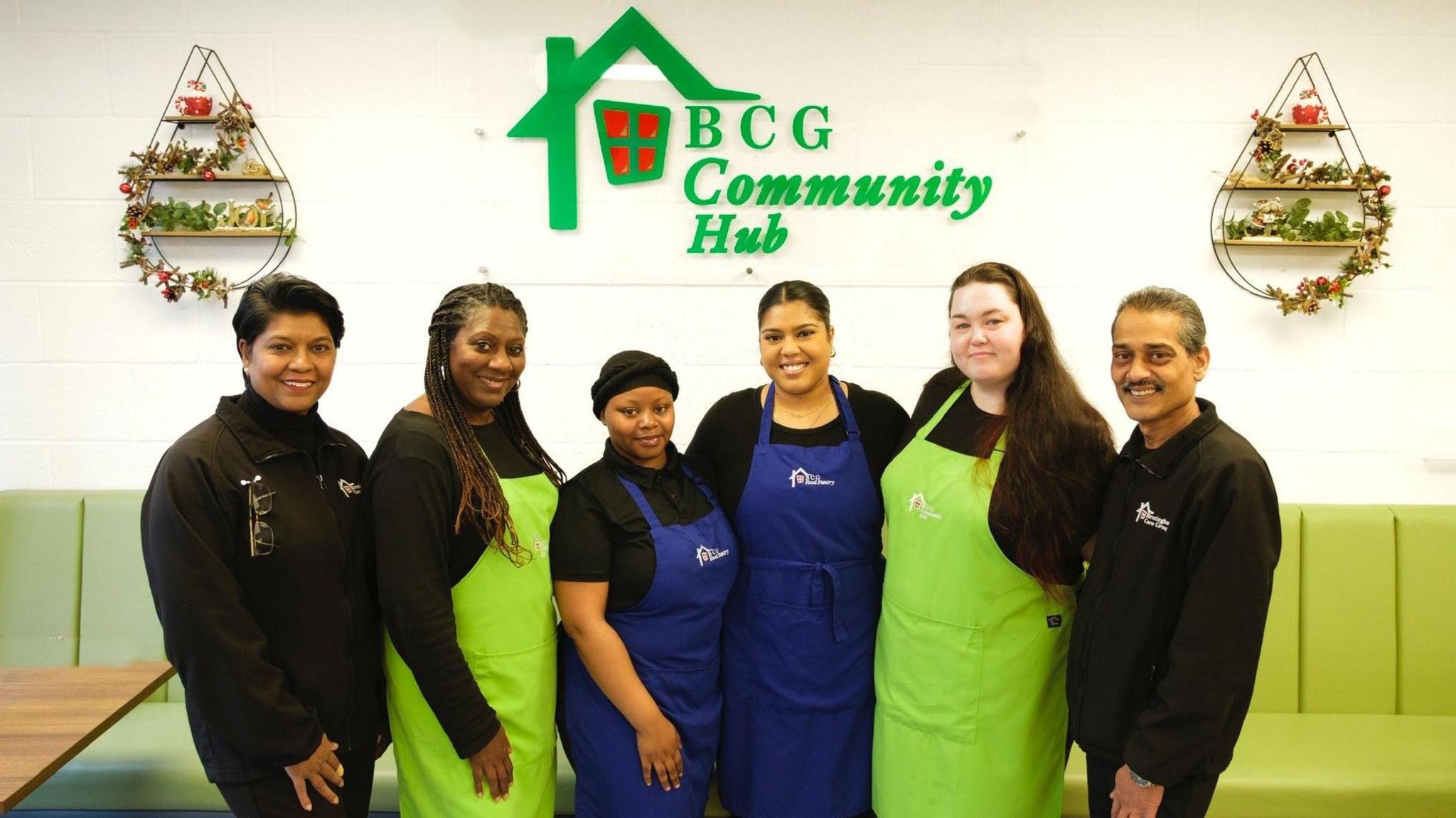
The Birmingham Care Group, based in Ladywood, offers communities the chance to do their weekly food shop for £4
Fiona Ramdeen, founder and chair of BGC, said: “Since Covid, we realised that the African and Caribbean community needed culturally sensitive food provisions and that was our main focus.
“Currently, we were forecasted for 250 members to sign up for the food pantry but we’re now up to 400 and we have a waiting list now.
“It’s very difficult, we are still trying to raise funds so that we can open that list and welcome those families that are struggling at the moment.”
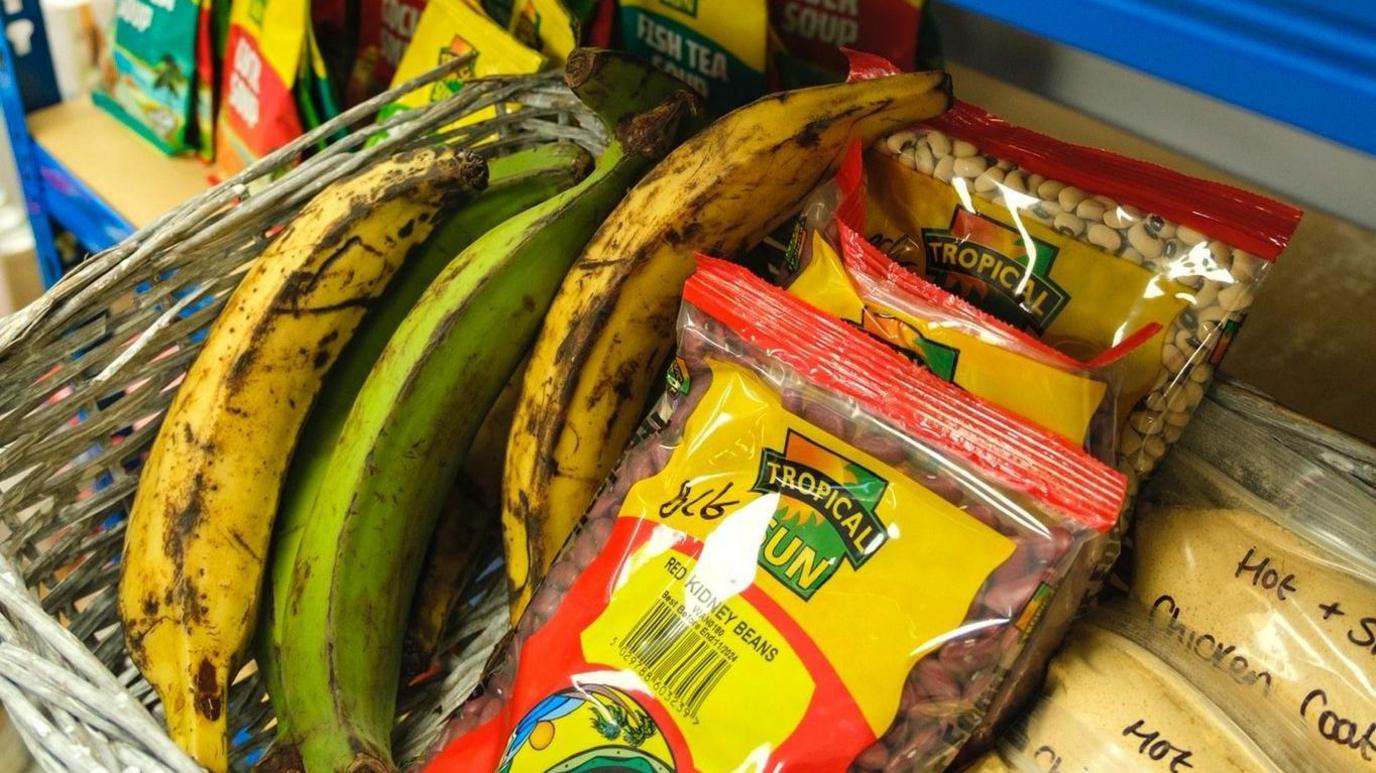
Food items from the Caribbean can be found at the pantry along with English food, toiletries and household items
As well as offering a mix of Caribbean and English food, the pantry also has fresh toiletries and household items.
The pantry has a £10 annual membership fee and opens from Tuesday to Thursday.
For both organisations, the future looks bright as the care group hopes to reach more people and BHSS is in talks to establish a community health centre.
Follow BBC West Midlands on Facebook, external, X,, external and Instagram, external, Send your story ideas to: newsonline.westmidlands@bbc.co.uk
Related topics
Related Internet Links
- Published4 October 2022
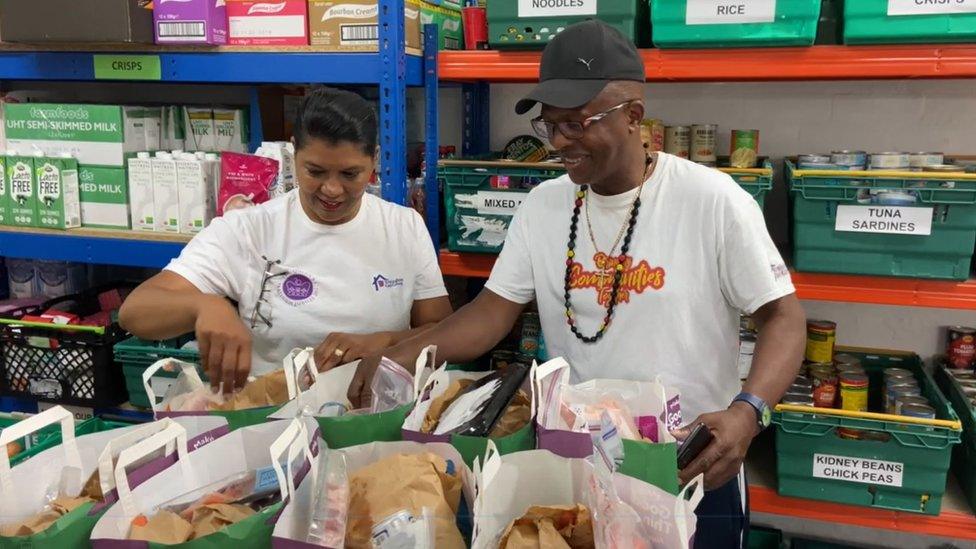
- Published19 October 2023
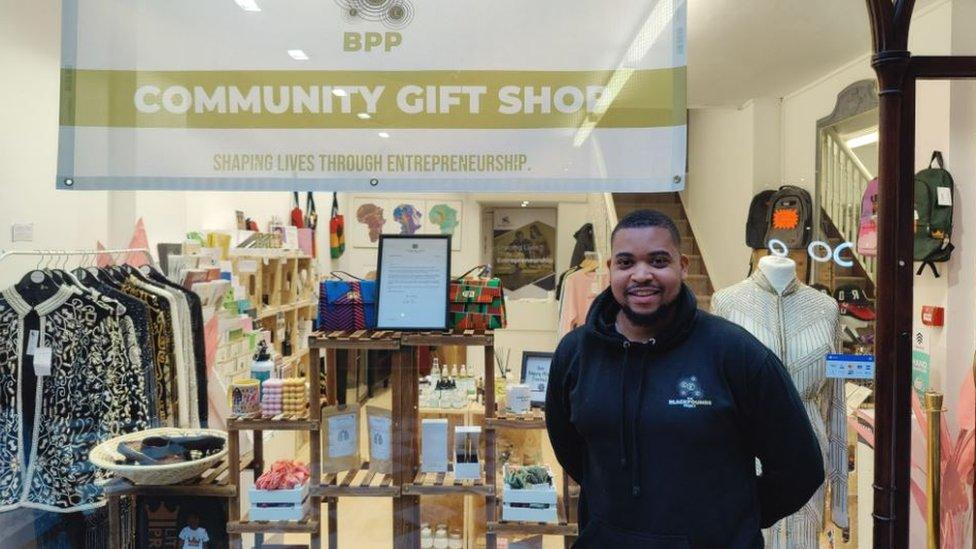
- Published8 December 2023
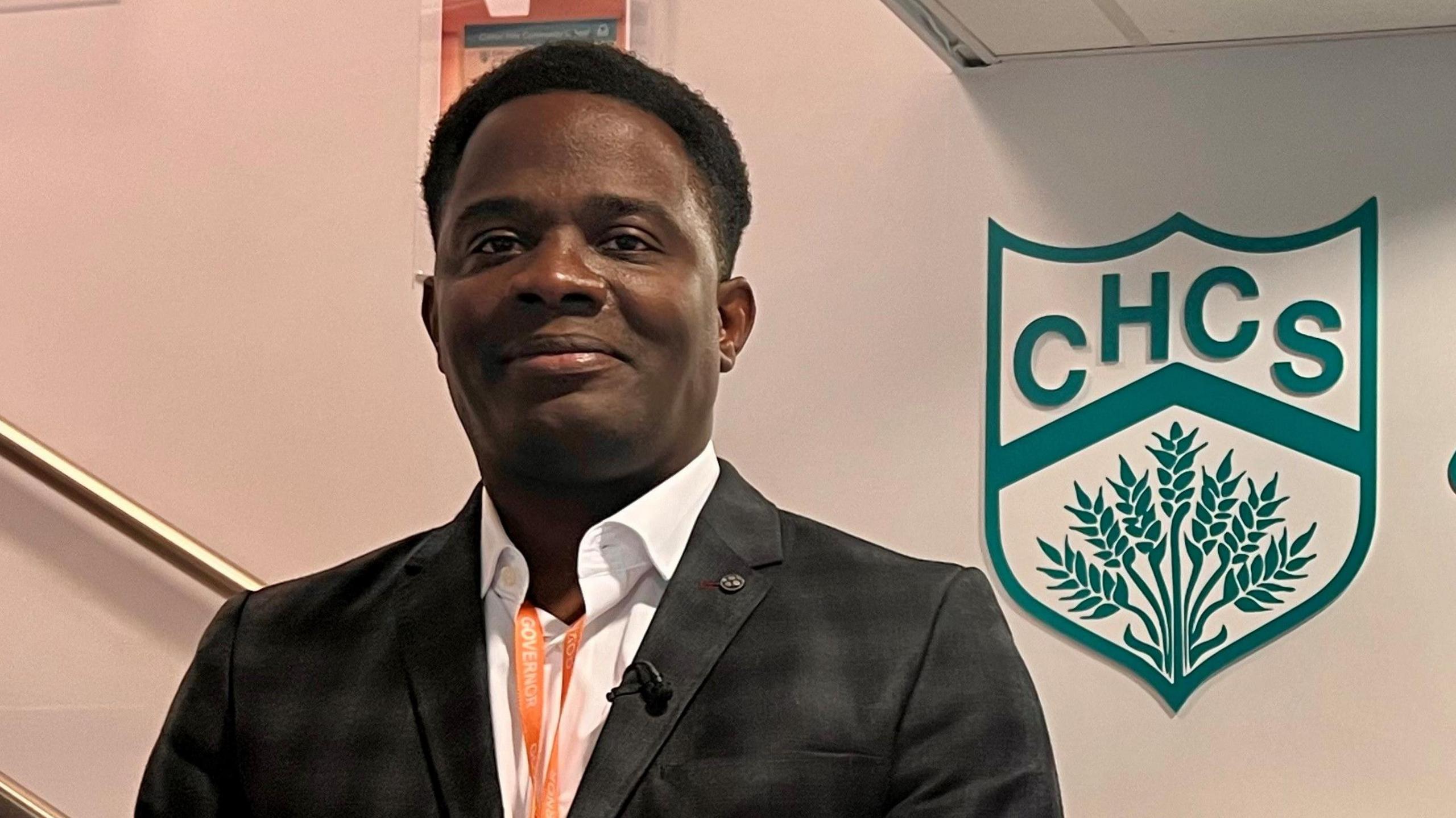
- Published18 October 2023
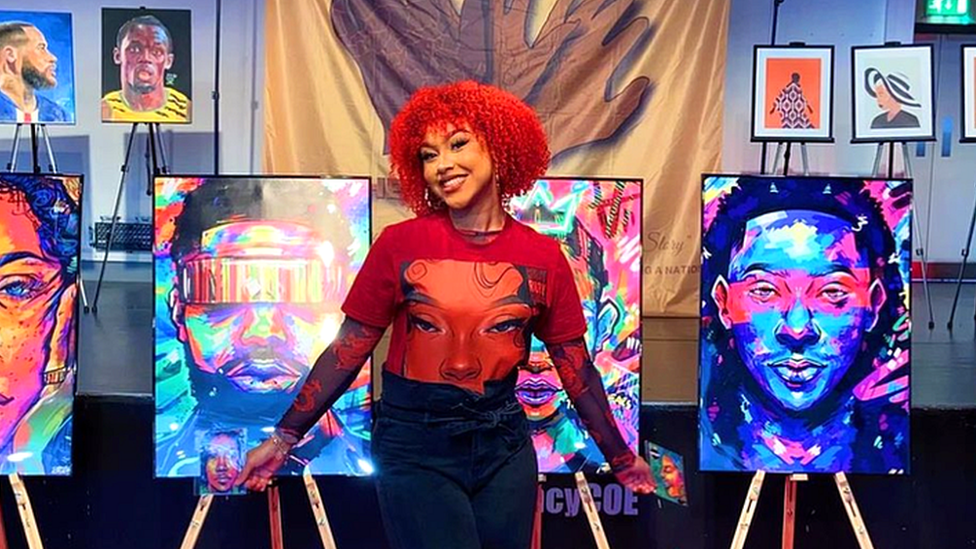
- Published23 June 2023
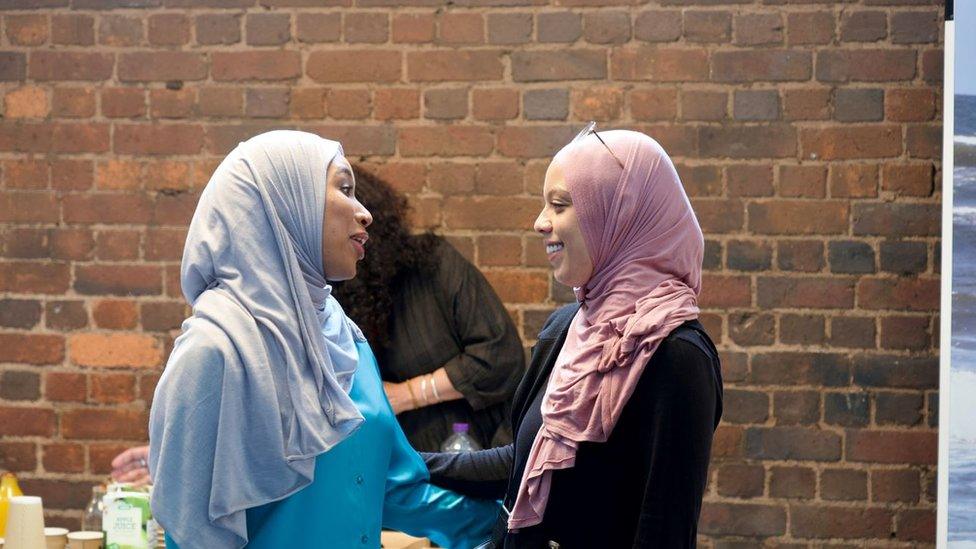
- Published22 June 2023
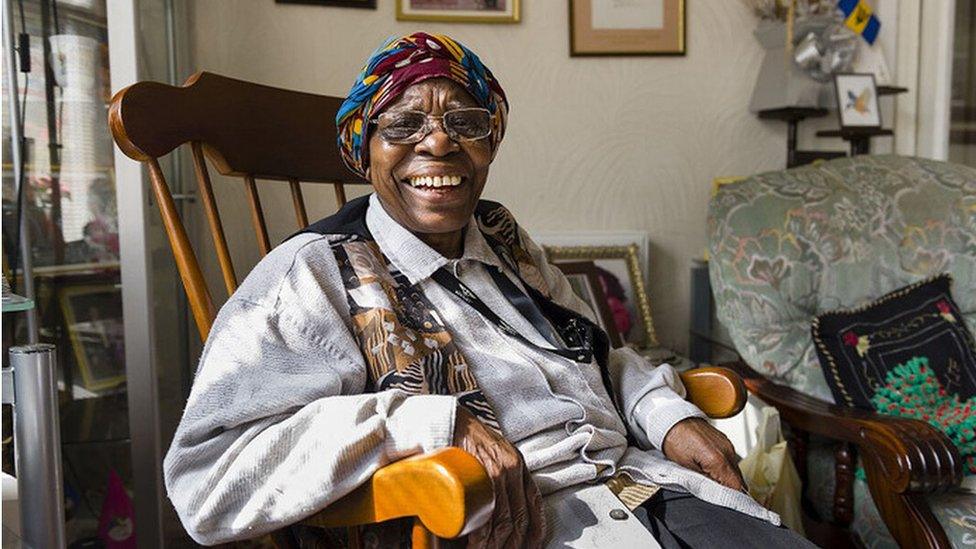
- Published23 June 2022
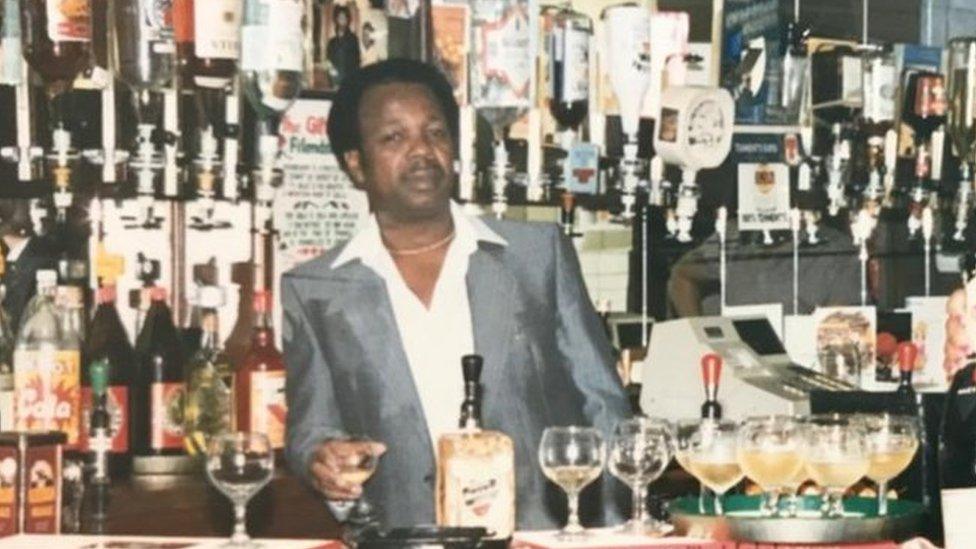
- Published5 July 2023
